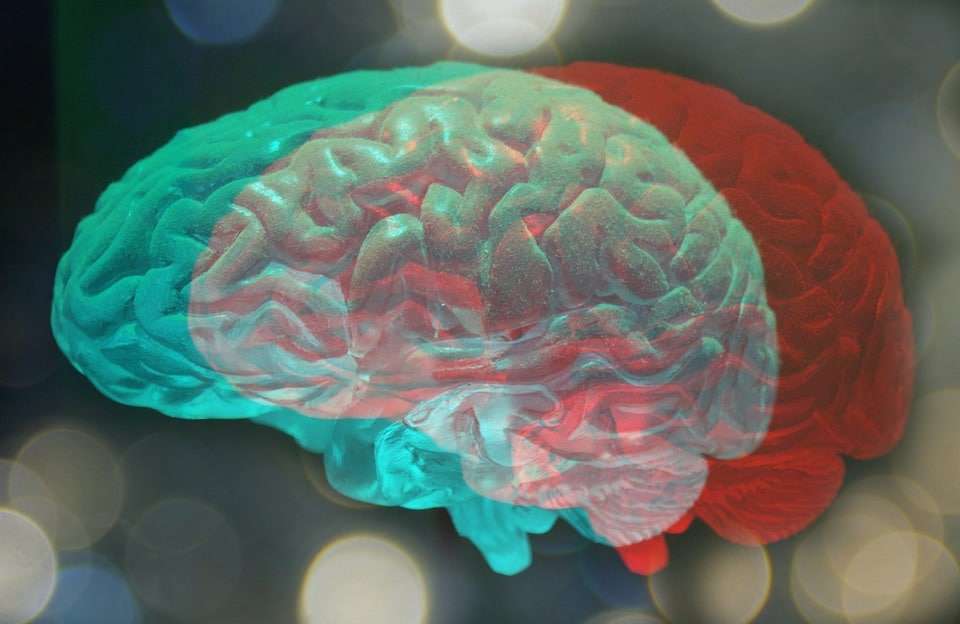A feeling of mental sluggishness and fuzziness is called brain fog, but it isn’t a medical condition. However, it can be a symptom of other health conditions.
Although brain fog meaning indicates it isn’t a medical term, many patients with chronic illnesses are familiar with it. Brain fog is referred to by various titles, including “foggy brain” and “fibro fog.” Brain fog refers to a loss of mental clarity, impaired focus, and other symptoms in more technical terms.
Living while your brain feels foggy is no simple task. It impacts everything you do during the day and every encounter you have. Below are things that only you can understand if you have brain fog.
Table of Contents
ToggleBrain Fog: What Causes It?
Brain fog can be caused by a variety of circumstances and health issues, including:
- Sleep deprivation
- Stress has risen.
- Depression
- Dementia
- Perimenopause
- Medication
- Thyroid illnesses, for example, are hormonal abnormalities.
- In this context, multiple sclerosis is a chronic illness.
- Vitamin B12 insufficiency is one example of a nutrient deficit.
- Viral illnesses include COVID-19, SARS, and H1N1.
Because these elements frequently coexist, it’s pretty uncommon for brain fog test to be induced by a combination of two or three of them.
Depression, for example, might result in a lack of sleep or vice versa. Stress can also disrupt your sleep and lead to sadness. Sleep deprivation and sadness are common side effects of perimenopause.
What are Brain Fog Symptoms?
You could have trouble with cognitive skills if you have brain fog, such as:
- Concentrating on a single topic or concept
- Things that come to mind
- Multitasking
- Following up on discussions
- Being aware of your environment
- Headaches and mental weariness are two common signs of brain fog.

How to cure Brain Fog?
Here are some suggestions for brain fog treatment:
Get adequate sleep: Sleep is essential for clearing toxic poisons from your brain and body, leading to brain fog. Make it a point to stick to a regular sleep pattern and obtain seven to nine hours every night. Before going to bed, avoid using electronic devices such as your phone, laptop, or television.
Keep your mind active: By engaging in cognitively exciting activities and making an attempt to explore new things. For example, take an alternative route to work, attempt a new approach to a chore you undertake daily or listen to new music. This can aid in creating norepinephrine, a brain chemical that stimulates the brain.
Avoid multitasking: Attempting to complete two tasks that require conscious thought at the same time will drain your energy and reduce your productivity. Rather, concentrate on one issue at a time.
Work on your memory: If you’re prone to forgetting stuff, consider various memory-enhancing techniques. Rhymes, mnemonics, and visual or verbal clues, for example, can help you recall crucial information. You can also try repetition; for example, if someone says your name, repeat it back to them to help you remember it.
Take mental breaks: Make it a point to take a few mental breaks during the day where you don’t worry about anything and are entirely present in the moment. For example, close your eyes, go for a brief walk, or gaze out the window.
Slow down and concentrate: All of your attention on one activity if you become distracted by several activities or lose focus. Then, no matter how minor the task is, work on accomplishing it.
Maintain a social life: Social activities can help you enhance your mood, memory, and cognition.
Deep thinking: Each day, spend a little time engaged in deep thought to exercise your mind. Spend 10 minutes pondering the substance of an article, for example, if you’ve just finished reading it.
Consider meditating: Meditation can help you calm your mind and body while reducing tension.
Regular exercise is essential: Physical activity can help you feel better mentally.
Maintain a healthy diet: A well-balanced diet, such as the Mediterranean diet, can aid memory, cognition, and brain function.
Alcohol and drugs should be avoided: These chemicals can degrade your senses and harm your brain.
Conclusion
The unsettling sensation of being disoriented is known as “brain fog.” It might be challenging to concentrate on jobs, remember details, or pay attention to what’s happening around you. It might also make you feel strange and out of place.
Many people, for example, may have periodic bouts of brain fog if they haven’t had enough sleep or if they have allergies and are on antihistamine medicine. On the other hand, some medical disorders can induce persistent brain fog.
For anyone experiencing the same brain fog symptoms, contact Dr Chandril Chugh.
Dr Chandril Chugh is one of the best neurologists in Delhi.

Best Neurologist Doctor In Patna: Dr Chandril Chugh Dedicated to Your Well-being
Dr.Chandril Chugh is a neurologist who trained and practiced in the USA for more than a decade. He is compassionate and caring and is most well known for being a patient listener and spending ample time with patients.

